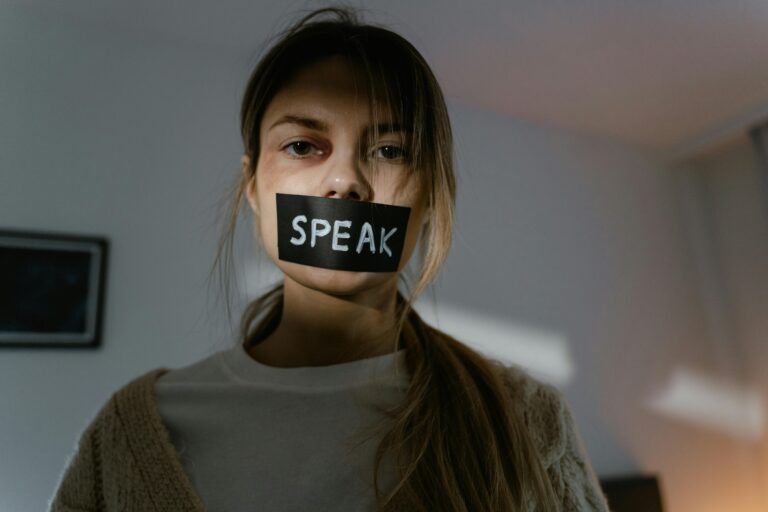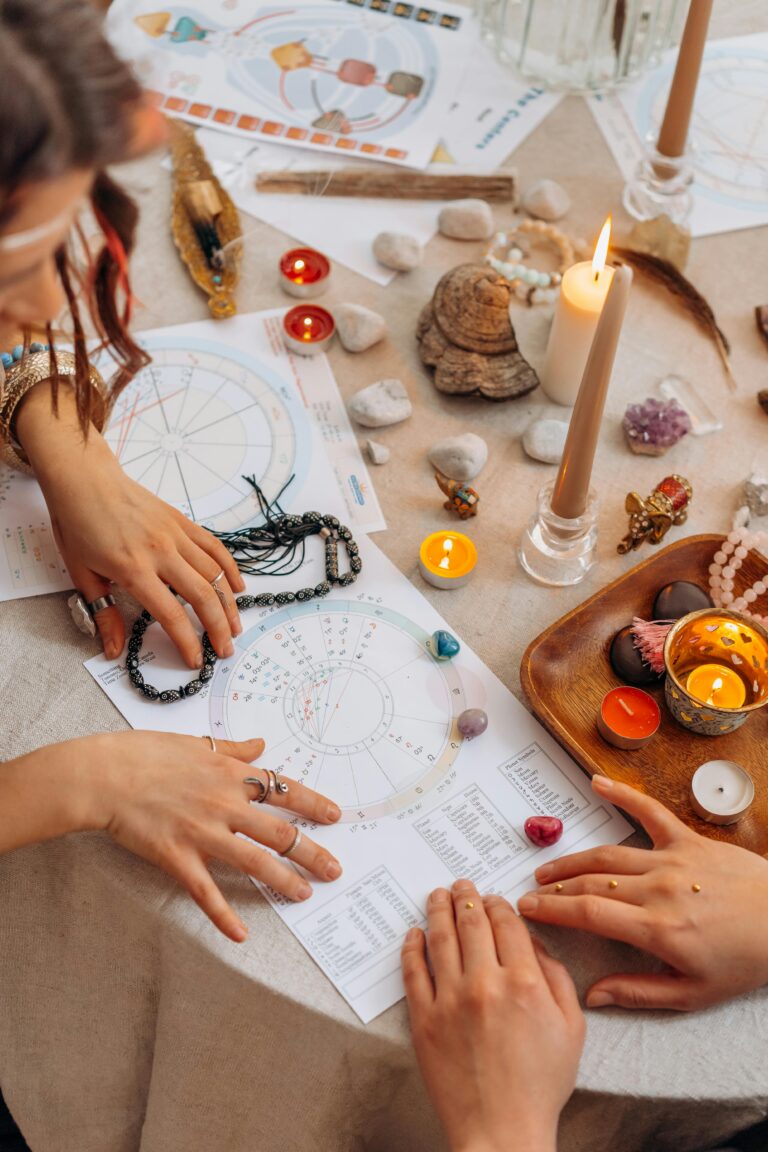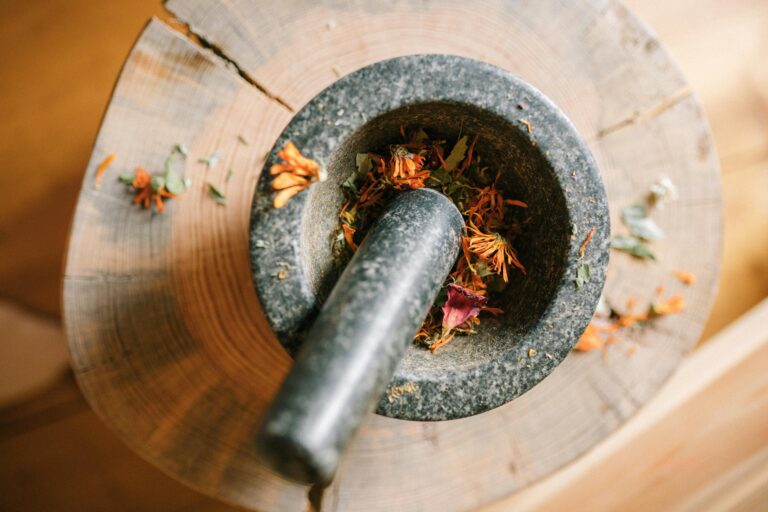We all carry burdens, whether they come from our past, our fears, our traumas, or the voices inside that whisper we’re not good enough. These inner battles, often referred to as “fighting your demons,” are some of the most challenging wars we’ll ever face—because they take place not on battlefields, but in the silence of our minds and the heaviness of our hearts.
In this in-depth blog post, we will explore what it means to fight your inner demons, how they show up in our lives, and how you can find the strength, tools, and support to conquer them and live freely. This journey is not just about surviving—it’s about thriving. And you are worthy of that freedom.
🤠 1. What Are Inner Demons?
Your “inner demons” are the psychological, emotional, or spiritual struggles that hold you back from living a whole and fulfilling life. They often stem from past pain, unhealed trauma, or long-standing negative beliefs.
Common examples include:
- Self-doubt and low self-esteem
- Addictions
- Guilt and shame
- Depression or anxiety
- Fear of failure or rejection
- Negative self-talk
- Anger or resentment
These demons can be sneaky. They don’t always shout; sometimes they whisper. They can masquerade as logic, self-protection, or even ambition. But at their root, they often come from wounds that haven’t been given the space to heal.
🌪️ 2. Recognizing the Battle Within
The first step in fighting your demons is recognizing them. That requires stillness and honesty—two things we often avoid when we’re hurting.
Signs you may be struggling with inner demons:
- You feel emotionally exhausted for no clear reason
- You sabotage relationships or career opportunities
- You engage in self-destructive habits
- You isolate yourself even when craving connection
- You constantly criticize yourself
Awareness is a powerful weapon. When you name your demons, they start to lose their power. Say it out loud: “I am struggling with ___, but I am ready to face it.”
🤞 3. Where Do Our Demons Come From?
Understanding the roots of your struggles can help you heal with more compassion.
They often come from:
- Childhood experiences (abuse, neglect, or trauma)
- Past relationships (toxic, abusive, or unfulfilling)
- Societal pressures (beauty standards, success expectations)
- Cultural or religious guilt
- Personal failure or tragedy
Sometimes, what you carry isn’t even yours—it may be generational or passed down from family. But here’s the truth: what was given to you is not what you have to keep.
🧠 4. The Inner Critic: One of the Loudest Demons
Almost all of us have an inner critic—that voice that tells us we’re not smart enough, attractive enough, successful enough.
Examples of the inner critic:
- “You’re so stupid.”
- “You always mess things up.”
- “No one will ever love you.”
It may sound like your own voice, but it was often learned. A parent, teacher, or peer may have planted that seed. Over time, we start believing it as truth.
How to fight it:
- Challenge the voice: “Is this fact or fear?”
- Replace it: “I am doing my best, and that is enough.”
- Visualize the critic as a separate entity. Talk back to it with love and strength.
🛡️ 5. Healthy Weapons for the Fight
Fighting your demons doesn’t mean pushing them away—it means facing them with tools that empower, not harm.
Healthy tools include:
- Therapy: A safe space to explore and heal
- Meditation & Mindfulness: Helps you observe your thoughts without judgment
- Exercise: Releases endorphins and reduces anxiety
- Creative Expression: Writing, art, music to channel pain into power
- Spiritual Practice: Prayer, affirmations, rituals to center and ground you
🌈 Remember: The goal isn’t to “defeat” your demons in one day, but to show up for yourself consistently.
💪 6. Facing Fear with Courage
Fear is one of the most powerful demons. It stops us from trying, from loving, from living fully.
Common fears include:
- Fear of failure
- Fear of being abandoned
- Fear of being judged
What to do:
- Name the fear: “I’m afraid of ___”
- Ask yourself: “What is the worst-case scenario, and can I survive it?”
- Take small actions that go against the fear
- Celebrate tiny wins
Courage isn’t the absence of fear. It’s acting despite it.
🌿 7. Healing the Wounded Child
Many of our demons formed in childhood. Healing that inner child can be a deeply transformative practice.
Steps to inner child healing:
- Visualize yourself as a child and talk to them
- Write letters to your younger self
- Revisit activities you loved as a child
- Speak kindly to yourself as you would to a small child
You didn’t deserve the pain you went through. But you do deserve to heal.
🙏 8. Breaking the Chains of Shame and Guilt
Shame says: “I am bad.” Guilt says: “I did something bad.”
Both can be crushing, especially when tied to trauma or personal decisions. But both can also be released.
How to heal from shame and guilt:
- Acknowledge what happened
- Apologize or make amends where possible
- Forgive yourself
- Speak your truth in safe spaces
You are not your mistakes. Your past is a chapter, not your whole story.
🌟 9. The Importance of Support Systems
You don’t have to battle alone. In fact, trying to do so can make the demons feel bigger.
Support can come from:
- Trusted friends or family
- Support groups
- Online communities
- Mentors, coaches, or healers
Healing is easier when we are seen, heard, and held.
🚀 10. Letting Go of Control and Surrendering
Sometimes, the more we resist our pain, the stronger it becomes. True strength lies in surrendering to the process.
This doesn’t mean giving up. It means:
- Allowing yourself to feel without judgment
- Trusting the process of healing
- Believing that transformation is possible
Think of it like this: a seed must surrender to darkness before it blooms.
✨ 11. Building a New Narrative
Your story isn’t over. And you have the power to rewrite it.
Start telling yourself:
- “I am resilient.”
- “I am learning and growing.”
- “I am becoming someone I can be proud of.”
Create new habits, new beliefs, new rituals. Don’t let the past dictate your present.
🌺 12. Daily Practices to Keep Demons in Check
Healing is a daily commitment. Small practices can make a huge difference.
Try these:
- Morning affirmations: Set the tone for your day
- Gratitude journaling: Focus on the good
- Mindful movement: Yoga, walking, dancing
- Digital detox: Reduce anxiety triggers
- Breathwork: Calm your nervous system
Create a routine that nourishes your soul.
❤️ 13. Falling in Love with Yourself
Self-love isn’t selfish—it’s survival. It’s the ultimate antidote to our demons.
Ways to practice self-love:
- Speak kindly to yourself
- Set healthy boundaries
- Prioritize rest and joy
- Nourish your body and mind
When you begin to love yourself, your demons start to lose their grip.
💕 14. Stories of Hope and Triumph
You’re not alone in this fight. People all over the world have stared down their demons and come out stronger.
Inspiration:
- Celebrities who overcame addiction
- Survivors of trauma who now help others
- Everyday people who chose therapy, healing, and light
If they can do it, so can you.
🌈 15. The Light Within You
Your demons are not stronger than your will to heal. There is light inside of you—even if it feels dim. Every breath you take in defiance of your pain is proof of your strength.
You are not broken. You are not too far gone. You are a warrior.
Keep fighting. Keep healing. Keep becoming.
📢 Final Thoughts and A Call to Hope
If you’re battling inner demons right now, know this: You are not alone. And you are not weak.
Ask for help. Talk to someone. Write your truth. Take one step forward.
This is your journey. This is your healing. This is your rise.
🕊️ Let this be the day you stop fighting against yourself and start fighting for yourself.
















